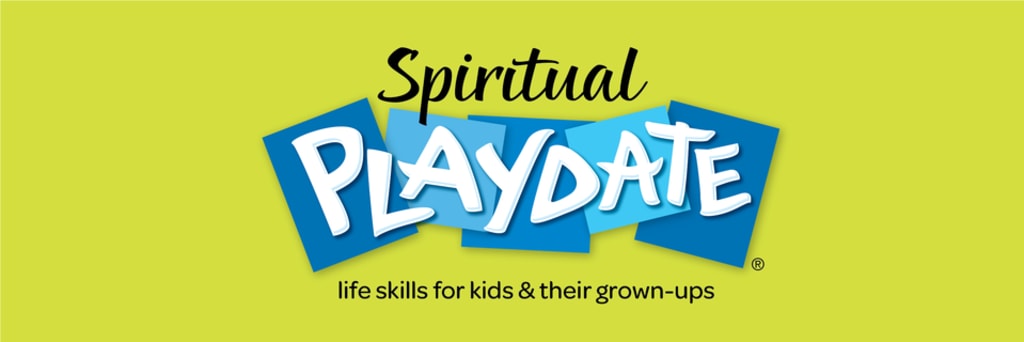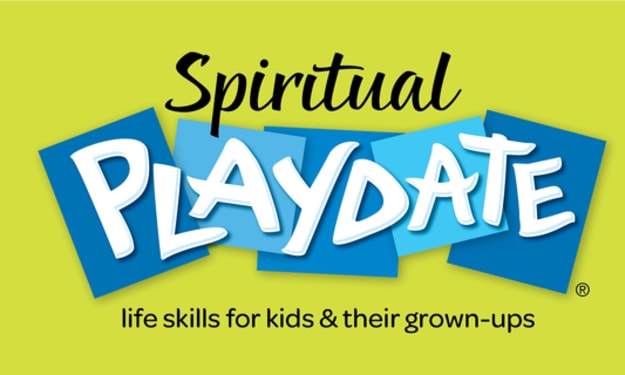Nurturing Empathy and Strength: Helping Children Deal with Discrimination
When children experience or witness discrimination, it can result in emotional distress. They may feel anger, fear, or sadness, and these intense emotions can disrupt their otherwise peaceful world.

Understanding Discrimination through a Child’s Eyes
Unraveling the Concept of Discrimination
Discrimination can be a challenging concept for children to grasp. They may perceive it as an unjust act that incites feelings of hurt and confusion.
The Emotional Turmoil Experienced by Children
When children experience or witness discrimination, it can result in emotional distress. They may feel anger, fear, or sadness, and these intense emotions can disrupt their otherwise peaceful world.
The Impact of Discrimination on Children
Behavioral Changes: The Hidden Signals
Discrimination can cause children to exhibit behavioral changes. They may become withdrawn, display aggression, or have difficulty concentrating at school. Recognizing these changes is crucial for providing necessary support.
The Prolonged Impact on a Child’s Psyche
The harmful effects of discrimination aren't fleeting. If not addressed timely, they can have long-term implications on a child's self-esteem, emotional health, and overall development.
Creating a Safe and Open Environment
Fostering Open Dialogue: Encouraging Expression of Emotions
An environment where children can freely express their feelings can mitigate the impact of discrimination. Regular discussions about their experiences help validate their feelings and reassure them.
Cultivating Trust: Providing a Judgment-Free Space
A home should be a space where children feel safe to share their experiences without fear of judgment. This promotes trust, helping children to openly discuss sensitive issues like discrimination.
Teaching About Discrimination
Simplifying the Complex: Explaining Discrimination to Children
Discuss discrimination in a manner that children can understand. Tailor your explanation to their age and maturity level, and encourage them to ask questions.
Using Media and Real-Life Instances: Aided Learning
Utilize age-appropriate books, movies, or news events to educate children about different forms of discrimination. Discuss these resources and relate them back to their own experiences.
Building Emotional Resilience
Emotional Management: Tools and Techniques
Teach children techniques to manage their emotional responses to discrimination. This could be through deep breathing exercises, counting to ten, or seeking support from trusted adults.
Rebuilding Self-Worth: The Path to Healing
Emphasize the child's inherent worth to counteract the negative effects of discrimination. Constantly remind them that the prejudice they faced is not a reflection of their value.
Promoting Empathy and Understanding
Breeding Compassion: The Importance of Understanding
Encourage children to understand that individuals who discriminate often act out of ignorance or fear. This understanding promotes empathy and compassion.
Discussing the Root Causes of Discrimination
Talk about why discrimination happens. Understanding its root causes can help children see beyond the act itself, fostering a deeper understanding of societal issues.
Teaching Assertiveness Skills
The Power of Assertion: How to Stand Up for Oneself
Equip children with skills to assertively voice their feelings and say no to discriminatory behavior. This empowerment helps them to stand up against discrimination without resorting to aggression.
Role-Playing: Practice Makes Perfect
Use role-playing to help children practice assertive communication. This interactive method allows them to explore different responses in a safe environment.
Encouraging Advocacy
Becoming the Change: How Children Can Inspire Transformation
Inspire children to stand up against discrimination in their community. Whether it's in the playground or the classroom, their actions can influence others and initiate change.
Challenging Norms: The Role of Young Advocates
Support children in challenging discriminatory norms and stereotypes. Their fresh perspectives and uninhibited questioning can disrupt long-standing prejudices.
Seeking Professional Help
When to Seek Help: Recognizing the Need for Professional Intervention
There may be times when a child's reaction to discrimination is intense and prolonged, impacting their daily functioning. In these situations, professional help from counselors or psychologists may be necessary, providing further support and guidance.
How Professional Guidance Can Help
Professional guidance can provide a structured approach to help children manage their feelings, build resilience, and improve their coping skills. Through cognitive-behavioral techniques, mindfulness exercises, and other strategies, children can learn healthier ways to deal with discrimination.
Conclusion: Building a World Free from Discrimination
A Collective Effort: Parents, Teachers, and Society
Helping children deal with discrimination requires a collective effort. Parents, educators, and community members need to collaborate to ensure children have the support, guidance, and tools they need to navigate and challenge discriminatory practices.
The Vision of a Discrimination-Free World: The Role of our Children
By helping children deal with discrimination, we're not only nurturing a generation resilient in the face of prejudice, but we're also sowing the seeds of a more inclusive, accepting future. Children who learn to stand against discrimination today can become the torchbearers of a discrimination-free world tomorrow.
About the Creator
Spiritual Playdate
“Spiritual Playdate” gives you the tools to help you and the young people in your life discover, grow, and connect with each other.
Visit - https://spiritualplaydate.com/
Enjoyed the story? Support the Creator.
Subscribe for free to receive all their stories in your feed. You could also pledge your support or give them a one-off tip, letting them know you appreciate their work.






Comments
There are no comments for this story
Be the first to respond and start the conversation.